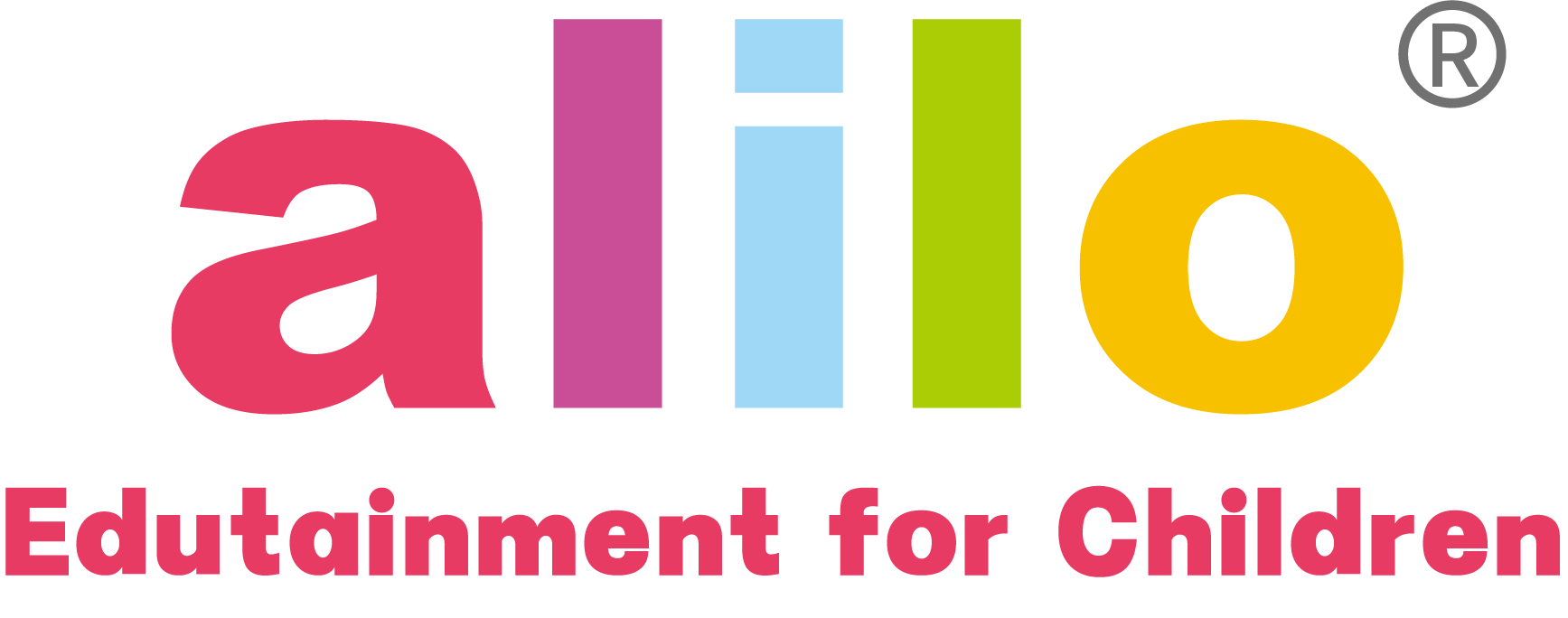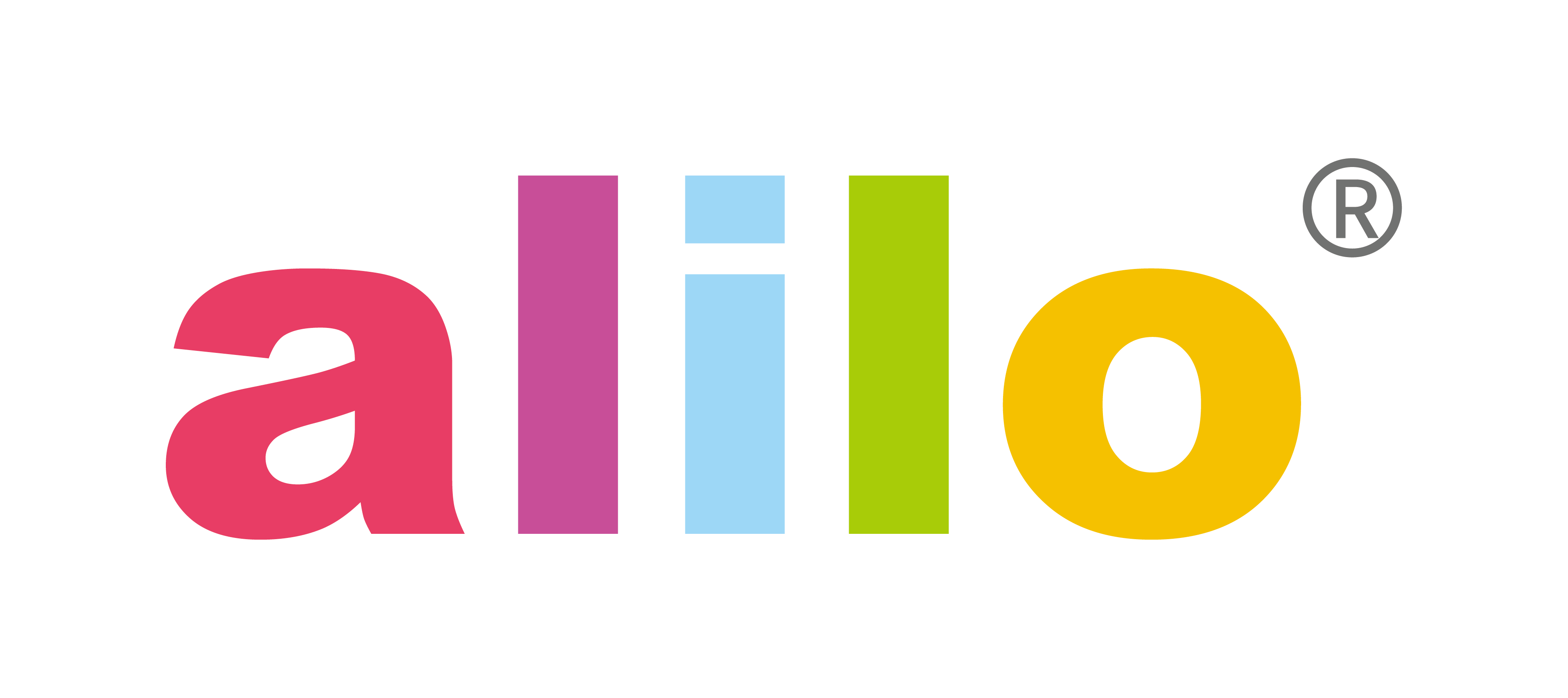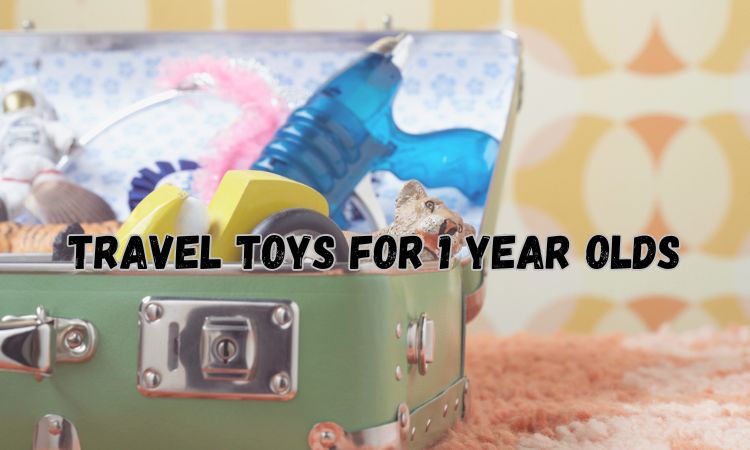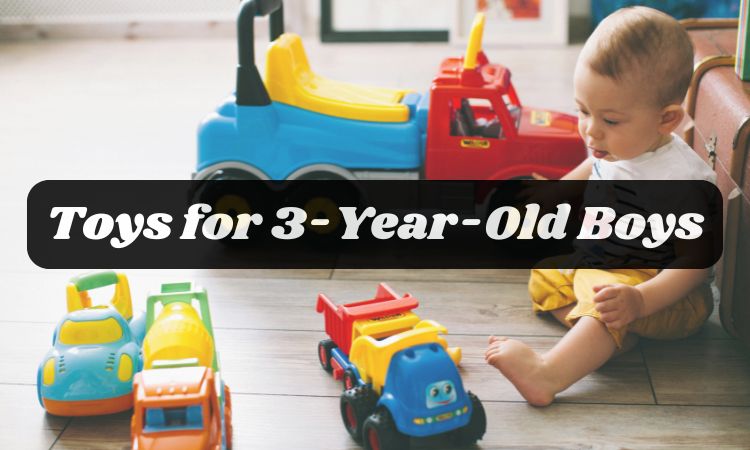Ever caught your baby smiling in their sleep and thought, What could they possibly be dreaming about? You’re not alone—this tiny, sleepy grin is something many parents notice (and secretly hope it’s because of them!). But why do newborns smile in their sleep, really? Is there more going on behind those peaceful little expressions or is it just a random reflex?
In this guide, we’ll break down what’s actually happening when your newborn smiles while sleeping, why it’s totally normal (and incredibly cute), and when it might be worth checking in with your pediatrician—just to be sure everything’s on track.

Is It Normal for Newborns to Smile While Sleeping?
Yes, it’s totally normal—and actually pretty common—for newborns to smile in their sleep. In fact, many babies start doing this within the first few weeks after birth. While it might look like your little one is dreaming about something delightful, these sleepy smiles are usually part of their natural development.
Most early smiles that happen during sleep are what’s called reflex smiles. These are automatic and not tied to any specific emotion or thought. It’s your baby’s brain and body doing some behind-the-scenes work—building connections, practicing facial muscles, and going through sleep cycles that help with growth and development.
What Causes Newborns to Smile in Their Sleep?
So why do newborns smile in their sleep exactly? Let’s delve deeper into those adorable, sleepy grins:
Reflex Smiles
In the first few weeks of life, your baby’s smiles are mostly reflexes. These aren’t emotional smiles, but rather automatic movements controlled by the brain stem. It’s your baby’s way of practicing the facial muscles they’ll later use for intentional expressions. Think of it as their body warming up for future social smiles.
REM Sleep Reactions
Newborns spend up to 50% of sleep in Rapid-Eye-Movement (REM), which is the active stage of the sleep cycle. During this phase, their brain is highly engaged, and you might see all sorts of small movements:
- eye fluttering
- tiny twitches
- sucking motions
- frown
- slight jump or jerk
- and yes, smiles and even giggles.
These expressions are part of your baby’s developing nervous system and show that their brain is hard at work making new connections. It also explains your other queries, like why do newborns jump in their sleep.
Bonus tip: Since newborns spend a lot of time in light, active sleep, creating a calm, consistent sleep environment can make a big difference. Keep the room dim and the temperature comfortable—not too hot, not too cool. And don’t underestimate the power of sound: white noise machines or dedicated baby music players that mimic womb-like sounds can help drown out everyday household noise and gently lull your baby into deeper, more restful sleep. As a bonus, you might find you sleep a little better too.

Digestive Responses
Sometimes those sleepy smiles happen when your baby is processing sensations like a full belly, a gentle tummy rumble, or a little gas. The vagus nerve, which is connected to digestion and emotions, can be stimulated during sleep, occasionally triggering a smile. It doesn’t mean your baby is in discomfort—it’s just another way their little body responds to new sensations.
Early Self-Soothing Practice
Even though your baby isn’t yet intentionally soothing themselves, their body might be experimenting with ways to calm down. Reflexive smiles could be part of that early practice, helping them start to regulate their emotions in a very basic way.
Sleep Smile vs Real Smile
It’s tempting to think your newborn is having a happy dream or thinking lovely thoughts when they smile in their sleep—but as you see, the truth is a bit more scientific.
At this early stage, your baby’s brain simply isn’t developed enough to experience emotions or dream in the same way that older children and us adults do. In fact, dreaming as we know it requires more mature cognitive function, including imagination, memory, and a sense of self.
Newborns don’t have that just yet. So, when they smile in their sleep, it’s not because they’re feeling happy—it’s their brain doing the early groundwork for what’s to come.
So, when do babies start smiling for real?
Well, most babies begin to show their first true social smile somewhere between 6 to 8 weeks old. This is when their brain has developed enough to start making emotional connections and recognizing familiar faces—especially yours!
You’ll know it’s a real smile when:
- Your baby looks at you and smiles in response
- The smile seems “on purpose,” not random
- Their whole face lights up (you might even see a little sparkle in their eyes!)
That first social smile is a huge milestone—and a sweet reward for all the diaper changes and late-night feeds. It means your baby is beginning to connect with you on an emotional level, and it’s the start of a beautiful back-and-forth bond.
When to Seek Professional Help
Most of the time, those sleepy smiles are completely harmless and just part of your baby’s natural development. But as a parent, it’s always good to stay tuned in to what’s normal—and what might need a closer look.
You should consider reaching out to your pediatrician if you notice any of the following:
Unusual or Repetitive Movements
If your baby’s sleep smiles are accompanied by stiff limbs, rhythmic jerking, or repeated twitching that doesn’t stop once they’re awake, it’s worth mentioning to a doctor. While many small twitches during sleep are normal, movements that seem seizure-like or persist outside of sleep could be a red flag.
Other Concerning Symptoms
If your baby is also showing signs like poor feeding, unusual eye movements, difficulty waking, or changes in skin tone (like a bluish color), it’s best to get them checked out promptly. These could point to issues beyond normal reflexes.
Rare but Important: Gelastic Seizures
In rare cases, the answer to why do newborns giggle in their sleep might be gelastic seizures, a condition that can cause sudden, unexplained bouts of laughter. These aren’t the sweet reflexive smiles that happen during REM sleep—instead, they may include:
- Laughter that starts as your baby is falling asleep (rather than during REM sleep)
- Laughter that actually wakes your baby up, followed by them falling back asleep shortly after
- Laughing spells that last 10 to 20 seconds
- Laughing fits that you can’t interrupt or stop
- Episodes of laughter or odd movements that happen while your baby is awake
These seizures are rare, but they’re important to catch early. If you ever notice these patterns or if the smiling just doesn’t feel right, don’t hesitate to speak with your pediatrician. They may refer you to a pediatric neurologist for further evaluation.
If the behavior feels off, or if you see patterns that don’t seem right, don’t wait. Even if your baby seems fine afterward, your pediatrician can rule out anything serious.
You can also look at their environment. For example, overstimulation from loud sounds or bright lights can impact sleep quality.
A baby music player with soft, calming melodies (used appropriately and safely) may help reduce overstimulation at night.
Make sure anything in your baby’s sleep space is gentle, safe, and soothing—not overly interactive or distracting.
Conclusion
So, why do newborns smile in their sleep? While science points to reflexes and early brain development, many parents will agree—it’s one of the most magical moments of newborn life. Smiles during sleep are typically a normal and healthy part of a baby’s growth, often linked to REM sleep and subconscious responses. However, being mindful of your baby’s overall behavior and development ensures you’re always one step ahead in their care. If you’re ever unsure, reaching out to a pediatric professional can provide peace of mind. Until then, enjoy those precious smiles—they’re some of the earliest glimpses into your baby’s beautiful personality.
FAQs
Is it normal for a newborn to smile while sleeping?
Yes, it’s totally normal. Most newborns smile in their sleep because of reflexes or brain activity during REM (active) sleep. It’s often one of the first facial expressions parents notice.
Are newborns actually happy when they smile?
Not usually—not at first. Newborn smiles during sleep are typically reflexes, not emotional responses. Social smiles (true signs of happiness) usually start around 6 to 8 weeks old.
What do newborns dream about that makes them smile?
It’s a sweet thought, but the truth is—newborns aren’t developed enough yet to dream the way older children or us adults do. While they may smile during sleep, it’s usually due to reflexes or brain activity during REM sleep, not because they’re dreaming of anything specific. Those smiles are more about growing brains and developing nerves than happy thoughts (for now).







Share and get 5% off!
Simply share this product on one of the following social networks and you will unlock 15% off!